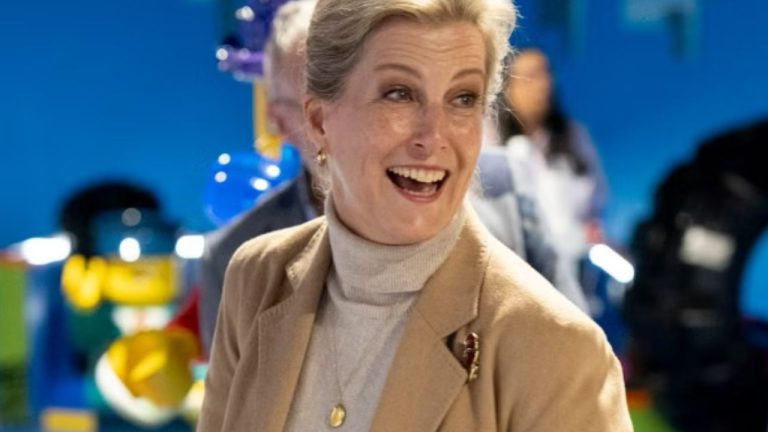King Charles’s Move: Removing ‘Empire’ from Honours

King Charles Advances: Honours System Undergoes Significant Reform
King Charles is considering significant reforms to the British honors system to modernize it and dissociate it from its historical colonial connotations. This alteration will eliminate “Empire” from the esteemed Order of the British Empire (OBE), providing recipients with a new acknowledgment that reflects British principles devoid of colonial associations.
Under this proposed makeover, holders of the OBE may soon encounter alternatives such as the Order of British Excellence or the Order of Elizabeth, a designation commemorating the late Queen. This transition is regarded by many as an essential measure in line with Britain’s dedication to modern ideals and acknowledges the nation’s progression beyond its imperial history.
Palace’s Advancement Initiative
A senior Palace official suggested that although any formal alteration must proceed through governmental processes, the royal family seems receptive and even enthusiastic about initiating a new era for royal accolades. “Any alteration is the prerogative of the Government,” they remarked, “but I believe they would discover this location quite receptive to the concept.”
This plan responds to growing demands from Caribbean Commonwealth nations and politicians urging the UK to reevaluate its colonial legacy. During a royal tour in the South Pacific, King Charles addressed these sensitivities, recognizing the significance of comprehending historical injustices and participating in substantive dialogue with Commonwealth nations.
Addressing a Colonial Heritage
At a meeting with Commonwealth leaders in Samoa, King Charles addressed the intricate topic of colonialism’s legacy. “None of us can alter the past,” he asserted gravely, “but we can wholeheartedly dedicate ourselves to assimilating its lessons.” He emphasized the significance of progressing while honoring the terrible history that has molded these nations.

While several politicians have advocated for the UK to contemplate reparations in reconciling with its colonial history, King Charles firmly opposed reparations in his statement. His approach demonstrates a commitment to transparency and openness while circumventing direct restitution, which some perceive as a pragmatic position within a delicate political context.
The government is steadfast over reparations.
Prime Minister Sir Keir Starmer reiterated the government’s position by declaring that there would be no compensation for slavery. His speech highlights the intricacies the administration encounters while addressing demands for accountability and justice from the Commonwealth members. Starmer’s choice remains resolute amidst persistent discussions over colonialism, while also indicating a willingness to engage in talks that may connect historical and contemporary issues.
A Vision for Transformation, Yet Anchored in Tradition
For many, this prospective reform embodies more than a simple renaming; it signals a deliberate shift away from Britain’s imperial status, with King Charles at the forefront. The suggested titles, including the Order of British Excellence, correspond with a vision that has the potential to transform the commemoration of Britain’s history and ideals.
These changes profoundly impact the Commonwealth and other global communities. They indicate a monarchy that is progressively cognizant of its function in a world that prioritizes diversity, equity, and transparency. In confronting this past, King Charles and the royal family are establishing themselves as proponents of a redefined monarchy—one that prioritizes inclusivity over tradition and progressive ideals above the burdens of imperial history.
Follow us on Instagram and X (Formerly Twitter)
For the latest posts visit The Celebrity Gossips






